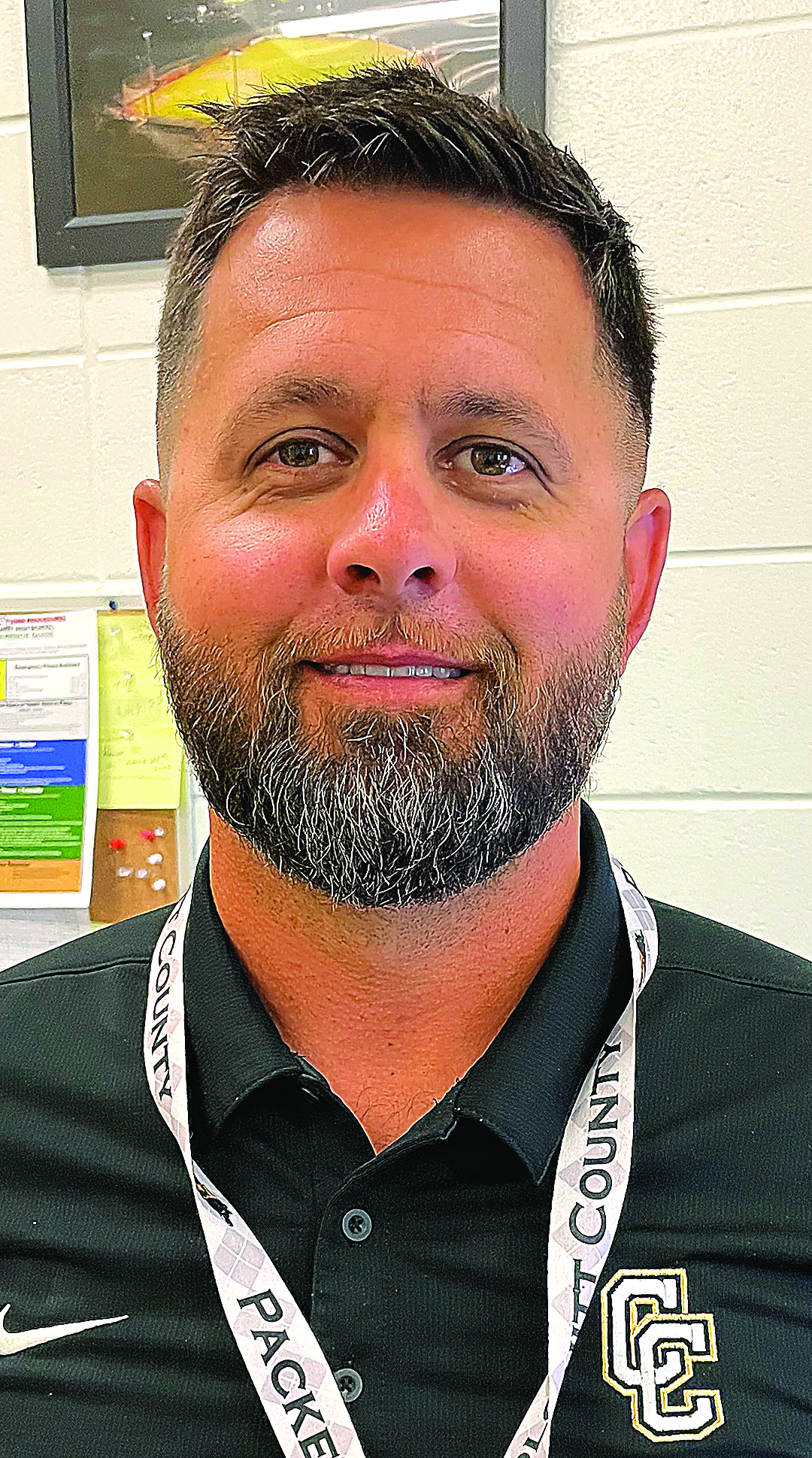GEORGE WILL: True intellectual diversity
Published 2:13 pm Friday, December 16, 2022
Western civilization, of which universities once were ornaments and custodians, germinated in Greece. It is, therefore, appropriate that someone of Greek heritage is responding to the fact that many institutions of higher education are infested by unscholarly activists who are chagrined about this civilization.
“I grew up in a Greek diner,” says Pano Kanelos, 53, who, like Saul Bellow’s Augie March, is “an American, Chicago born.” The first in his extended family to go to college, Kanelos is now creating a university.
Trending
He was “a Pell Grant student” in Boston when, in a single conversation, he so impressed Bellow that two days later the Nobel laureate helped Kanelos be admitted to the University of Chicago. Kanelos’s varied academic career took him from Shakespeare scholarship to the presidency of St. John’s College in Annapolis, Md., which emphasizes the liberal arts and Great Books. Now he is president of the embryonic University of Austin in Texas.
This is a familiar adage: If you don’t like the news, go make some. The news from academia is embarrassing — intellectual fads, political hysterias, the hunting of heretics. So, with substantial financial assistance and guidance from some tech entrepreneurs and others, Kanelos — like Thomas Jefferson, sort of — is creating UATX as an alternative.
Jefferson founded the University of Virginia with a political purpose: to produce lawyers unlike his cousin John Marshall, whom he detested. “Politics,” Kanelos says, “should be studied at a university. It should not be the operating system of the university.” His objective is a “nonpartisan and politically ecumenical” campus culture of robust argument. This, he thinks, will produce an elite with mental sinews so strengthened by the experience that these UATX graduates will leaven the upper reaches of American society.
Among America’s many broken institutions, higher education is, Kanelos thinks, “the most fractured.” In today’s academic caste system, full-time tenure-track professors do substantially less teaching than do graduate students or part-time adjunct teachers. Teaching and scholarship seem secondary to the nonacademic agendas of institutions’ bureaucracies, which grow like kudzu. Harvard University’s ratio of administrators to faculty is about 3 to 1; Stanford University has 15,750 administrative staff, 2,288 faculty. The bloat enforces “diversity, equity, inclusion” conformities, administers Title IX sexual policing and attends to the emotional serenity of students who feel “unsafe” around intellectual heterodoxy.
The academic job market is as anemic as campus culture is toxic: Less than 40 percent of 2020’s approximately 19,500 Ph.D. recipients found U.S. jobs in academia, down from 51.5 percent in 1990. Kanelos believes that when there are hundreds of persons applying for every academic job, faculties become steadily more intellectually monochrome, because the glut of applicants makes it easier to ignore those who would threaten to produce diversity of thought.
There are, Kanelos says, three layers of U.S. higher education. The top 40 or so schools promise access to power. Their prestige makes them what economists call “positional goods,” which are necessarily for the few: “Elite” education, like an “exclusive” vacation spot, cannot be substantially expanded without spoiling the prestige sweepstakes — the social ecosystem of envy and ostentation. The second tier, including most states’ flagship universities, are increasingly vocational in orientation. Hence the withering of the liberal arts. The Wall Street Journal reports that only 4 percent of 2020 graduates majored in English, history, philosophy, foreign languages or literature. The third tier — most colleges and universities, most of which have essentially open admissions — are low rungs on the ladder of upward mobility.
Trending
Last summer, UATX offered “Forbidden Courses,” week-long discussions of subjects, from politics to sexuality, that elsewhere send brittle students scurrying in search of “safe spaces.” Kanelos worried that there might be insufficient interest to fill the 80 student places. He says UATX received 44,000 inquiries, and students came from, among other schools, Stanford, Harvard, Princeton, Yale, Dartmouth, Columbia and the Sorbonne. One of the teachers was Peter Boghossian, who, the Chronicle of Higher Education reports, was “one of the three scholars behind the ‘grievance studies’ hoax, which submitted nonsensical papers to a number of journals, some of which were accepted.”
Today, UATX is located in a downtown building; soon, there will be a campus outside of town. The first undergraduates arrive in 2024. Recruiting faculty is facilitated by the flood of inquiries from professors weary of the walking-on-eggshells tensions on campuses, the American places where free discussion is most endangered. UATX, whose trustees include the intellectual luminaries Bari Weiss and Niall Ferguson, will be a safe space for the intellectually adventurous.
George Will’s email address is georgewill@washpost.com.





